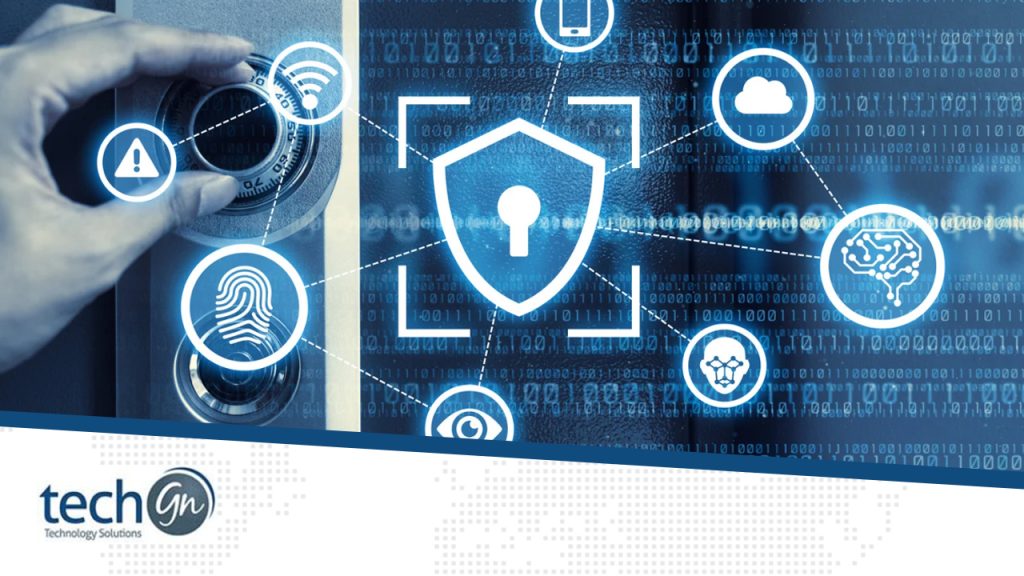Why Cyber Hygiene Matters
Building Trust
Whether it’s a personal brand or a business, demonstrating strong cybersecurity practices builds trust with your audience or customers. They are more likely to engage with someone they know takes their privacy and security seriously.Maintaining System Performance
Regular updates and maintenance can help keep your systems running efficiently. Malware and other cyber threats can significantly slow down or damage your devices, leading to decreased productivity and increased frustration.Safeguarding Personal Information
Our devices store a vast amount of personal information, from banking details to private conversations. Maintaining proper cyber hygiene helps protect this sensitive information from falling into the wrong hands.Protection from Cyber Threats
Cyber threats such as malware, ransomware, phishing attacks, and data breaches are constantly evolving. Good cyber hygiene practices can help mitigate these risks by ensuring your devices and data are protected against the latest threats.
Everyday Practices for Enhanced Cyber Hygiene
Educate Yourself and Others
Stay informed about the latest cyber threats and educate your family or colleagues about safe online practices. Awareness is a powerful tool in the fight against cybercrime.Limit Personal Information Sharing Online
Be mindful of the amount of personal information you share on social media and other online platforms. Cybercriminals can use this information for identity theft or social engineering attacks.
Install Antivirus and Anti-Malware Software
Protect your devices with reliable antivirus and anti-malware programs. These tools can detect and remove threats before they cause significant damage.Secure Your Wi-Fi Network
Ensure your Wi-Fi network is secure by using a strong password and encrypting your network. Avoid using public Wi-Fi for sensitive transactions unless you’re using a Virtual Private Network (VPN).Regular Backups
Regularly back up your data to an external hard drive or a secure cloud service. In the event of a ransomware attack or hardware failure, having backups ensures you don’t lose critical information.Be Wary of Phishing Attempts
Be cautious of unsolicited emails, messages, or phone calls asking for personal information. Always verify the source before clicking on links or downloading attachments.Enable Two-Factor Authentication (2FA)
Adding an extra layer of security, 2FA requires a second form of identification beyond just your password, making it harder for cybercriminals to gain access to your accounts.Strong, Unique Passwords
Use complex passwords that are difficult to guess and avoid using the same password for multiple accounts. Consider using a password manager to keep track of your passwords securely.Regular Software Updates
Ensure all your software, including operating systems and applications, are updated regularly. Software updates often include patches for security vulnerabilities that hackers can exploit.Implementing Cyber Hygiene in the Workplace
Incident Response Plan
Have a clear incident response plan in place to quickly and effectively address any security breaches. This plan should outline the steps to take in the event of a cyber attack and assign roles and responsibilities to team members.Regular Security Audits
Conduct regular security audits to identify and address vulnerabilities within your network and systems. This proactive approach can help prevent potential breaches.Access Controls
Implement strict access controls to ensure that only authorized personnel can access sensitive information. Use role-based access to limit exposure to critical data.Bottom Line
In today’s digital age, cyber hygiene is essential for protecting personal and professional information from the ever-present threat of cybercrime. By incorporating these everyday practices into your routine, you can significantly enhance your security posture and safeguard your data against potential threats. Remember, cybersecurity is not a one-time effort but an ongoing process that requires vigilance and commitment. Stay proactive, stay informed, and stay secure.
Reviews
Tailoring Solutions


